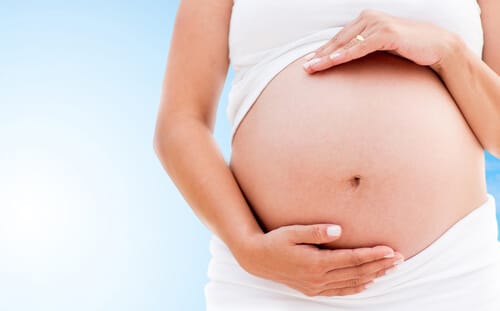Ovarian reserve refers to the number and quality of oocytes that a woman has in her ovaries. It is an important factor in female fertility and can affect a woman's ability to conceive and carry a pregnancy to term. In this article, we will discuss what ovarian reserve is, how it is measured, and what factors can affect it.
What is ovarian reserve?
Ovarian reserve refers to the number and quality of oocytes that a woman has in her ovaries at any given time. In general, women are born with a finite number of oocytes, and this number decreases with age and exposure to certain environmental and lifestyle factors. As the number of oocytes decreases, so does a woman's ability to conceive.
How ovarian reserve is measured
There are several methods to measure ovarian reserve, although none of them are 100% accurate. The most common methods include:
- Hormone levels in the blood: levels of hormones such as follicle stimulating hormone (FSH), luteinizing hormone (LH), and estradiol can indicate a woman's ovarian reserve. Elevated levels of FSH or LH and low levels of estradiol may indicate low ovarian reserve.
- Antral follicle count: An antral follicle is a small fluid-filled sac that contains an immature oocyte. Antral follicle counting is performed using transvaginal ultrasound and can be an indicator of a woman's ovarian reserve.
- Age-based ovarian reserve testing: A woman's age is one of the best predictors of her ovarian reserve. Older women have a lower ovarian reserve than younger women. AMH Anti-Müllerian hormone
7 Factors that affect ovarian reserve
There are several factors that can affect a woman's ovarian reserve, including:
- Age: Age is one of the most important factors affecting ovarian reserve. As women age, the number and quality of their oocytes decreases.
- Family history: ovarian reserve may have a genetic basis. If a woman's mother or sister had a low ovarian reserve, she may have one too.
- Autoimmune diseases: Autoimmune diseases such as Hashimoto's thyroiditis and lupus can affect a woman's ovarian reserve.
- Chemotherapy and radiation therapy: Cancer treatments can damage oocytes and reduce a woman's ovarian reserve.
- Ovarian surgery: Surgeries on the ovaries can damage oocytes and reduce a woman's ovarian reserve.
- Smoking: Smoking can negatively affect a woman's ovarian reserve and reduce her ability to conceive.
- Exposure to environmental toxins: Exposure to certain chemicals and environmental toxins can affect a woman's ovarian reserve.
Oocyte quality
On the other hand, not everything is about quantity, the quality of these oocytes must also be taken into account. The oocyte quality It is an important issue in female fertility and can have a significant impact on a woman's ability to conceive and carry a pregnancy to term. In this article, we will discuss what oocytes are, how their quality is determined, and what factors can affect it.
Oocytes are the female sex cells produced in the ovaries and released during ovulation. As women age, the quantity and quality of oocytes decreases, which can make it more difficult to conceive. Oocyte quality refers to their ability to fertilize and develop into a viable embryo.
The quality of oocytes is determined by several factors, such as their size, shape and number of chromosomes. Higher quality oocytes are larger and have a more uniform shape. Additionally, they must have the correct number of chromosomes so that they can be properly fertilized and develop into a viable embryo. Oocytes with an abnormal number of chromosomes, known as aneuploid oocytes, have a reduced ability to fertilize and develop into a viable embryo.
The quality of oocytes can also be affected by factors such as the woman's age, health and lifestyle. As women age, the quality of their oocytes tends to decrease. Women over 35 are more likely to produce aneuploid oocytes, which can make it more difficult to conceive and increase the risk of miscarriage.
Additionally, certain health conditions, such as endometriosis and polycystic ovarian disease, can affect the quality of the oocytes. Lifestyle can also have an impact on oocyte quality. Smoking, drinking alcohol, and eating an unhealthy diet can reduce oocyte quality.
In summary, oocyte quality is an important factor in female fertility. Age, health and woman lifestyle They can affect the quality of the oocytes and, therefore, your ability to conceive and carry a pregnancy to term. If you are concerned about the quality of your oocytes, talk to your doctor to learn more about how to improve your fertility and overall health.

